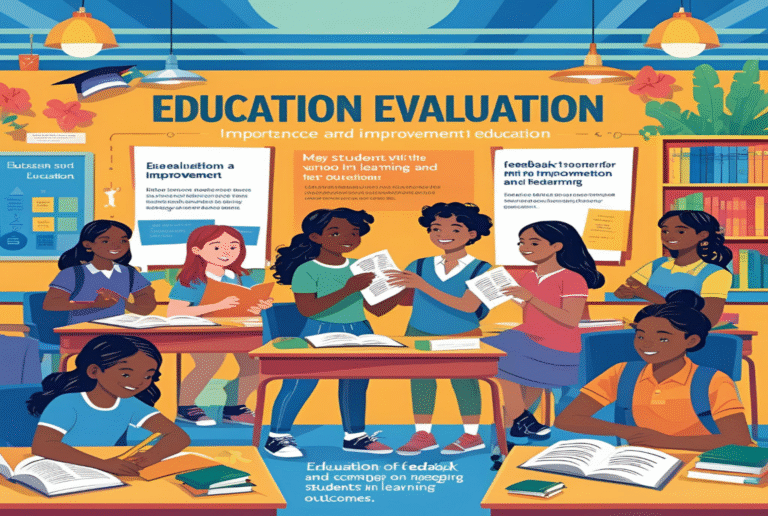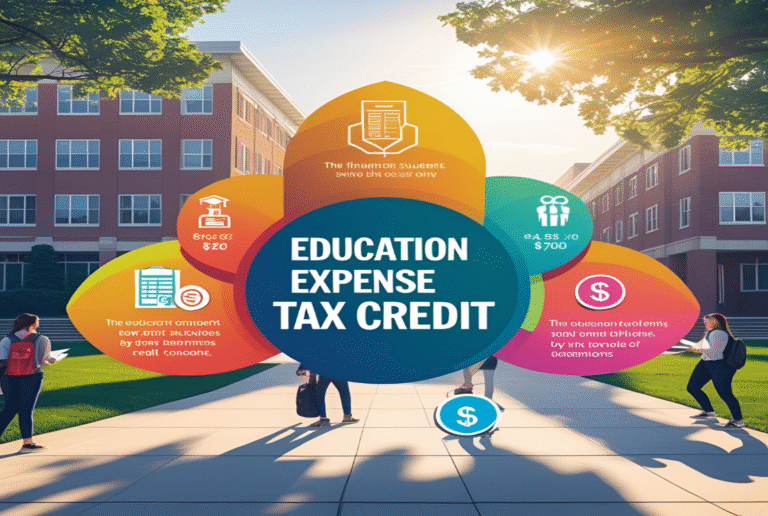The Power of Education
The Power of Education: Why It Matters More Than Ever
Introduction: Education as the Foundation of Progress
The Power of Education is the cornerstone of human advancement. It is the tool that equips individuals with the knowledge, skills, and values needed to navigate the world, build better lives, and contribute meaningfully to society. From ancient philosophies to modern innovations, education has been the constant catalyst driving civilizations forward.
In the 21st century, amid rapid technological evolution, globalization, and social challenges, the importance of education has never been more critical. This article explores why education remains the most powerful weapon we can use to change the world — not just for individuals, but for humanity as a whole.
1. Education Unlocks Human Potential
At its core, education is about empowerment. It gives people the ability to think critically, communicate effectively, and solve problems creatively.
Intellectual Development
Education hones the mind. It teaches people how to learn, adapt, and question the world around them. From reading and writing to science and philosophy, education fosters a deeper understanding of reality and our place within it.
Lifelong Skills
Literacy, numeracy, and digital fluency are essential in the modern world. But beyond these are soft skills like empathy, teamwork, and emotional intelligence — all cultivated through quality education.
2. Education Reduces Poverty
One of the most direct links between education and real-world outcomes is its power to lift individuals and families out of poverty.
Increased Earning Potential
According to UNESCO, each additional year of schooling can increase a person’s income by up to 10%. Educated individuals have greater access to jobs, entrepreneurial opportunities, and social mobility.
Breaking the Poverty Cycle
The Power of Education has a generational impact. Children of educated parents are more likely to stay in school, eat nutritious food, and avoid preventable diseases, thereby breaking the intergenerational cycle of poverty.
3. Education Promotes Health and Well-being
There is a clear correlation between education and better health outcomes.
Health Literacy
Educated individuals are more likely to understand health information, follow medical advice, and engage in preventive practices like vaccinations and regular check-ups.
Family Planning and Maternal Health
Education, particularly for women, leads to lower fertility rates, delayed marriage, and improved maternal and child health. Girls with secondary education are three times less likely to become child brides.
Mental Well-being
Education fosters self-confidence and reduces stress by providing structure, purpose, and opportunity.
4. Education Builds Peaceful and Just Societies
An educated populace is the foundation of democracy, tolerance, and peace.
Civic Engagement
Education teaches people about their rights and responsibilities, how governments work, and how to participate in civic life. It creates informed voters and active citizens.
Promoting Tolerance and Diversity
Education combats ignorance and bigotry by exposing students to different perspectives, histories, and cultures. It fosters empathy and respect for diversity.
Reducing Crime
Studies consistently show that higher levels of education are associated with lower rates of crime. Education provides legitimate pathways to success and discourages anti-social behavior.
5. Education Fuels Economic Growth
At the macro level, education is a driver of national and global development.
Workforce Readiness
Modern economies depend on skilled labor. From engineers and scientists to teachers and healthcare professionals, educated workers drive productivity and innovation.
Attracting Investment
Countries with high educational standards attract foreign investment, build robust industries, and foster entrepreneurship.
Technological Advancement
The knowledge economy relies on education. The ability to create, adapt, and manage technology is rooted in education systems that prioritize STEM (Science, Technology, Engineering, Mathematics).
6. Education Advances Gender Equality
Education is a transformative force for women and girls worldwide.
Empowerment
Educated women are more likely to be financially independent, participate in decision-making, and advocate for their rights.
Social Impact
When girls are educated, entire communities benefit. Women invest more in their families, and their children tend to be healthier and better educated.
Resisting Exploitation
Education protects girls from exploitation, including child labor, trafficking, and forced marriage.
7. Education and Environmental Awareness
In an age of climate change and ecological crisis, education is key to sustainability.
Environmental Literacy
Teaching people about climate science, resource management, and environmental ethics empowers them to make informed decisions.
Sustainable Development
Education is one of the 17 United Nations Sustainable Development Goals (SDG 4). It supports the other 16 goals by promoting sustainability at individual and institutional levels.
8. Digital Education and the Knowledge Age
The digital revolution has transformed education — both in how it’s delivered and how it’s valued.
Access to Information
Thanks to the internet, anyone with a smartphone can access the world’s knowledge. Online courses, digital libraries, and educational platforms have democratized learning.
Remote Learning
The COVID-19 pandemic accelerated the shift to virtual education, making learning more flexible and accessible — though not without challenges of inequality.
Lifelong Learning
In a rapidly changing world, education doesn’t stop at graduation. Continuous learning is essential for career advancement and personal growth.
9. Challenges to Accessing Education
While the importance of education is undisputed, many still face barriers:
Global Disparities
According to UNESCO, over 250 million children worldwide are not in school. Conflict, poverty, and discrimination are major obstacles.
Gender Discrimination
In some parts of the world, girls face cultural and economic barriers that prevent them from completing even primary education.
Cost and Infrastructure
Lack of funding, trained teachers, safe facilities, and transportation can hinder access to quality education, especially in rural and underdeveloped areas.
10. The Role of Governments and Society
Promoting education requires concerted effort from all sectors.
Policy and Funding
Governments must invest in free, quality education for all — from early childhood through higher education. Public policies should support marginalized communities and inclusive practices.
Community Involvement
Parents, teachers, and local leaders play a vital role in supporting and valuing education. Community schools and mentorship programs can bridge gaps.
Private Sector Support
Businesses can partner with schools, offer scholarships, and fund vocational training to align education with workforce needs.
11. The Future of Education: Adaptation and Innovation
As the world evolves, so too must education systems.
Personalized Learning
AI and data analytics are enabling customized education paths, tailored to individual strengths and learning styles.
Global Collaboration
International education and student exchanges foster global citizenship and cooperation.
Ethics and Human Values
Future education must balance technology with ethics, compassion, and civic responsibility to develop well-rounded individuals.
Conclusion:
The Power of Education is more than a pathway to employment or a tool for individual success — it is the bedrock of human dignity, peace, and prosperity. It transforms lives, shapes societies, and builds the future.
In a world fraught with division, inequality, and uncertainty, education remains our greatest hope. It is the torch that lights the way forward — for each person, and for the planet.





